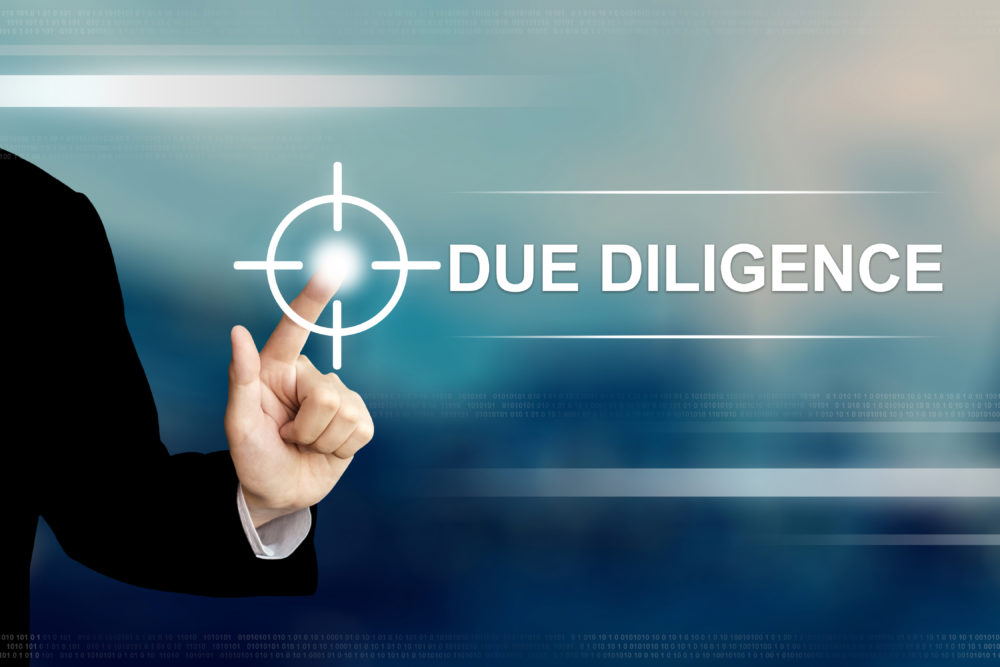The primary purpose of doing your due diligence when buying a business is to ensure there are no unexpected problems or unforeseen liabilities.
Though due diligence exists to protect the buyer, the process must be thoroughly understood by both parties.
As a seller, you will then be ready for a buyer’s questions. As a buyer, you will know what to ask and what information you can expect to receive, so you will be more likely to notice if anything questionable should arise.
Preparing to sell a business
As a seller, your preparations must begin the moment you start to entertain the idea of selling your business.
Essentially, this means you must be mentally prepared and actively begin positioning and configuring your business ready for sale some years ahead.
Completing your own thorough, consistent and honest audit of your business in good time will set a positive climate when you’re ready to sell. This will then help you to avoid a stream of suspicious questions from potential buyers.
Always think carefully before making drastic changes to your business at this time. What you may see as small, harmless adaptations made for good reason could be easily misconstrued at sale time.
Once the time arrives to list your business for sale and invite bids from prospective buyers, there are several things you must consider:
A seller’s checklist
Disclosure: Being ready and willing to disclose the required information about your business sends a positive message to prospective buyers that you are dealing in good faith.
Even better, you could compile a comprehensive seller’s pack containing all the details a buyer will need. Above all, you must resist the temptation to conceal information with negative connotations. When things come to light later on it this will do the most damage.
To protect your own business interests, you must get potential buyers to sign a non-disclosure agreement (NDA) before allowing them to access sensitive business data. This document should be drawn up by your legal adviser.
Legalities: You should disclose any legal risks which will affect the rights and obligations of the buyer if they should become the new owner of your business. This could concern matters such as ongoing litigation, employment disputes, client contract terms and intellectual property rights, as well as ownership of property and business assets.
Deal fatigue: Avoiding deal fatigue; which may prompt a keen buyer to eventually withdraw, is largely down to thorough sale preparation, a good understanding of due diligence procedures, and a commitment to respond to buyer requests in good time.
Avoid surprises: Don’t suddenly introduce undisclosed information at a late stage. Not only will this annoy your prospective buyer, this lack of trust will cause them to regard anything already disclosed as potentially suspect. Complete honesty always pays.
Preparing to buy a business
As a buyer, your due diligence begins long before you are ready to commit to a viewing.
You must first find your ideal location, determine your budget (also ensuring your figures are realistic for what you wish to acquire) and then narrow down your options from the list of businesses for sale which meet your criteria.
Related: 3 things to consider when buying a business
Once you have chosen a select few, your meetings with the respective sellers are likely to focus on the following elements:
A buyer’s checklist
Finances: Ensure you obtain details of the company’s financial profile (eg profit/loss ledgers, debt information, plus all the accounts of any wholly owned subsidiaries). Remember too that Companies House can provide buyers with company reports, annual returns and up to date accounts.
Market conditions: Almost irrespective of any standard valuation, you should carefully establish the price that comparable businesses are changing hands.
This research gives you a clearer understanding of the metrics which influence this pricing. In addition, tracking business sale figures over time will help you gauge the relative stability of the sector and identify the significant trends.
Operations: You must ensure you receive all relevant information about operational issues. These will include company procedures, operational locations, staffing information, management team structure, inventories and suppliers, as well as customer relations information and full details of the company’s insurance cover.
Full disclosure: You can only make a purchase decision when you have all the facts you need. ‘Caveat emptor’ (buyer beware) is the legal principle which applies here. So, it’s down to you as the buyer to identify what risks the prospective purchase may involve.
Growth potential: Your due diligence when buying a business should include an assessment of growth potential to quantify the likely return on your investment. That means analysing performance and profits as well as identifying the specific elements which are driving the value of the business.
Jo Thornley is head of brand and partnerships at Dynamis.
Joining in 2005 to co-ordinate PR and communications and produce editorial across all business brands, she earned her spurs managing the communications strategy and now creates and develops partnerships between BusinessesForSale.com, FranchiseSales.com and PropertySales.com and like-minded companies.





